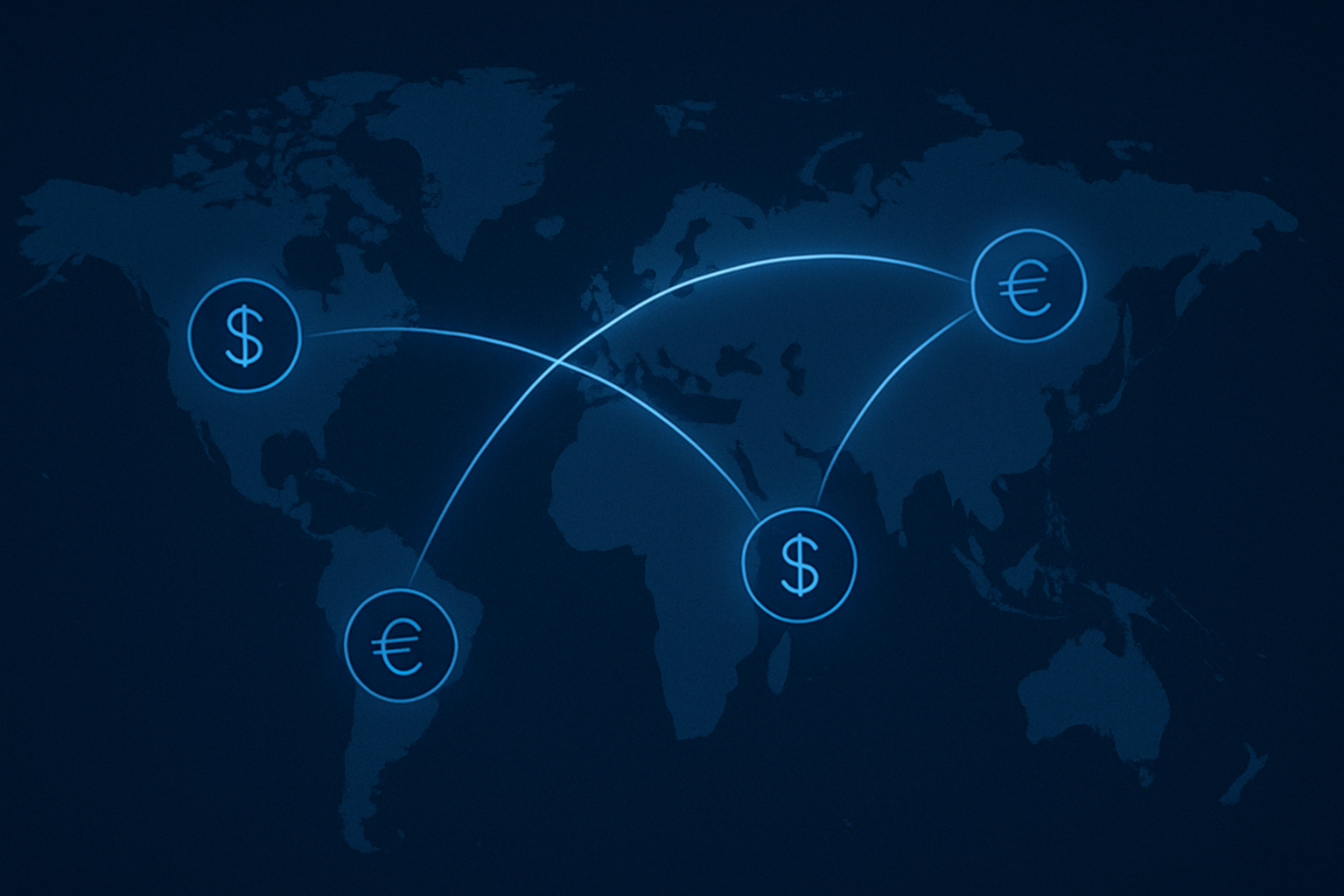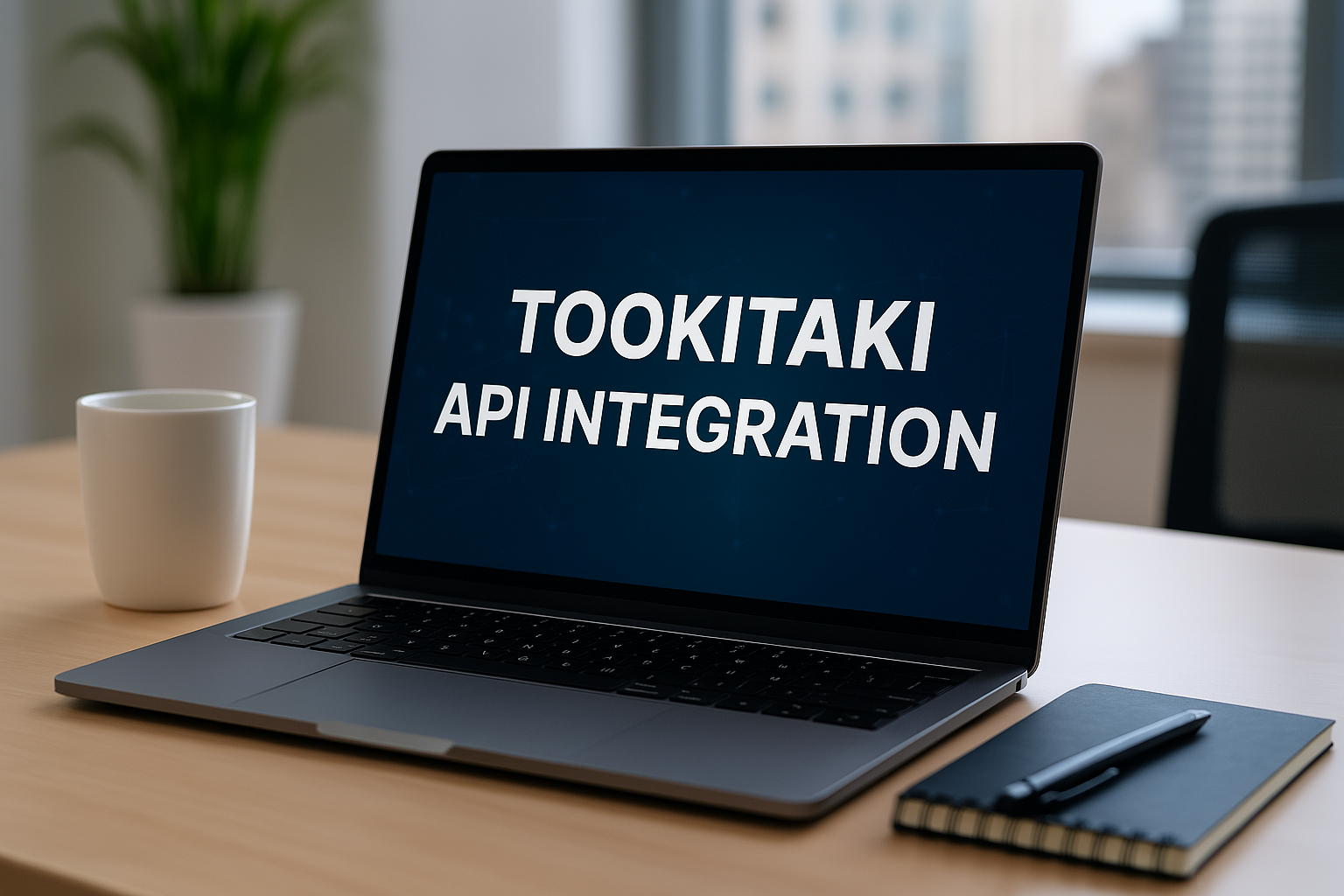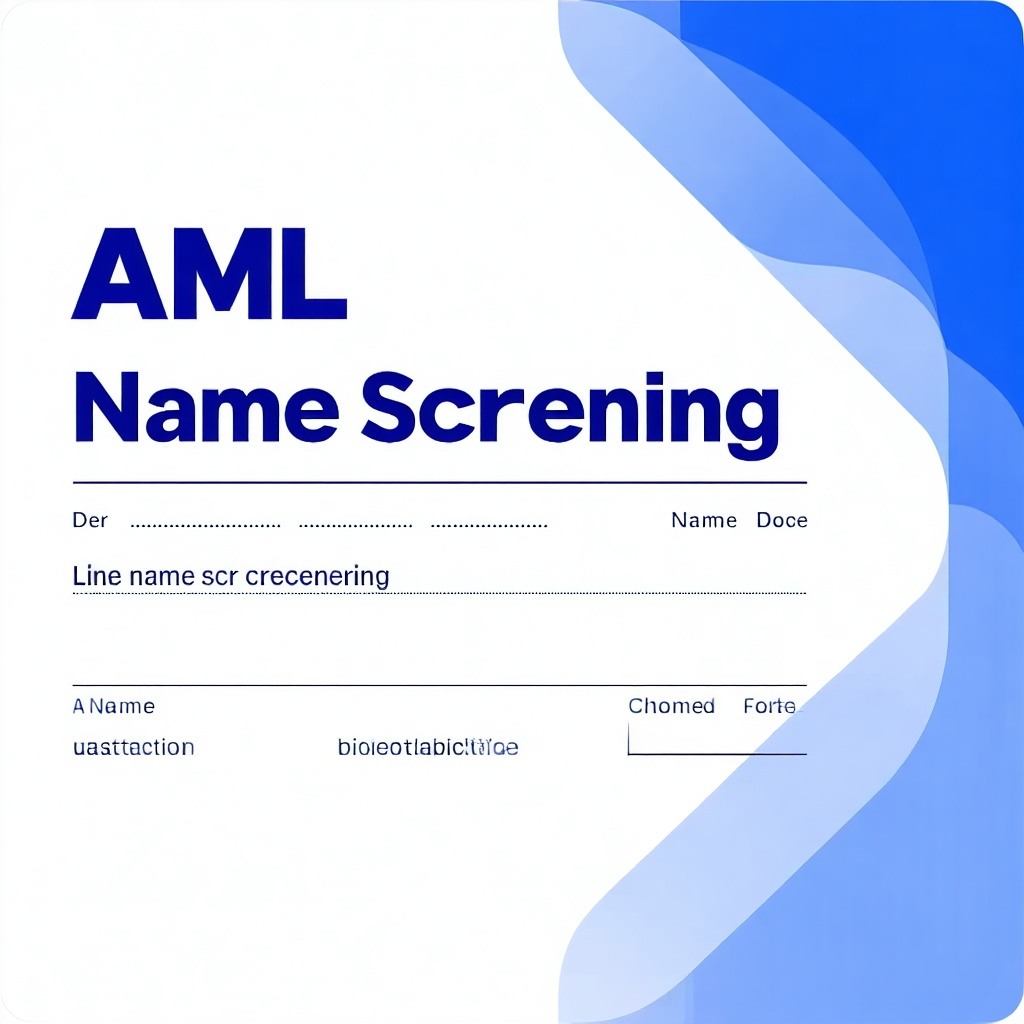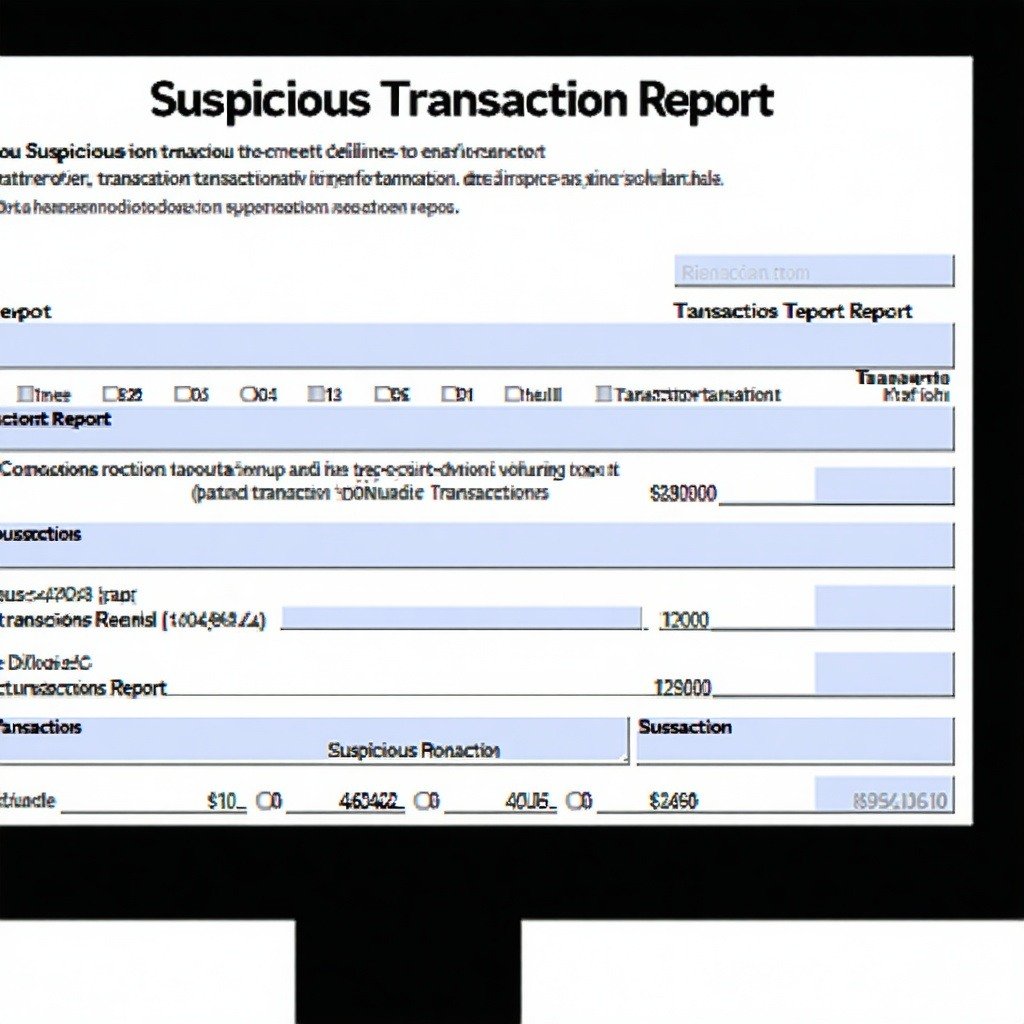Hidden Flows: How Cross-Border Remittances and Correspondent Banking Enable Money Laundering
Cross-border finance keeps the world connected—but it also gives criminals new pathways to move...
A space to share knowledge in the areas of financial crimes, regulatory compliance, and technology.
.webp?width=584&height=384&name=Compliance-Hub%20(1).webp)

Cross-border finance keeps the world connected—but it also gives criminals new pathways to move...

AML and compliance are more than regulatory obligations—they are essential safeguards that uphold...

Singapore’s reputation as a trusted financial hub is facing new challenges from rising financial...

A successful Tookitaki implementation depends on clear timelines, strong collaboration, and...

Detecting money laundering transactions requires more than rules—it demands context, vigilance, and...

Anti-money laundering tools used by banks today are more sophisticated, agile, and essential than...

Introduction In the past, money laundering compliance was often seen as a checkbox exercise—a set...

Introduction In the evolving landscape of financial crime, money mule networks are becoming an...

Introduction In today’s fast-paced financial ecosystem, compliance operations demand agility,...

Introduction In today’s high-risk regulatory environment, name screening is no longer just a...

AML enforcement in Hong Kong is evolving rapidly to address the growing complexity of financial...

Introduction Financial crime has become more complex—and more global—than ever before. In a world...